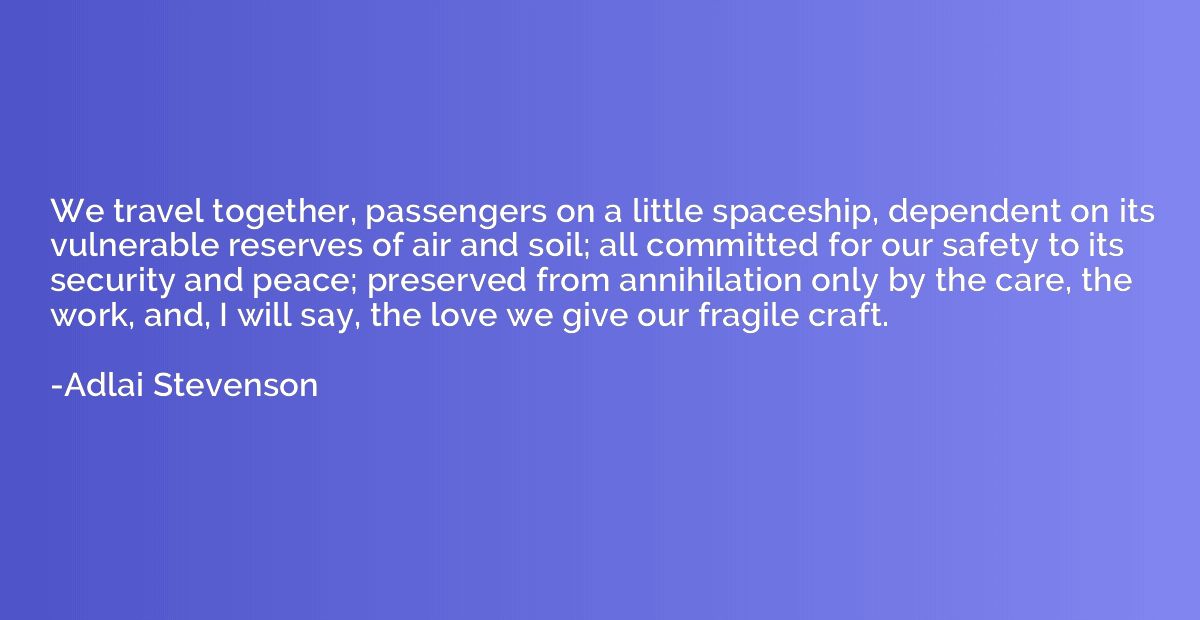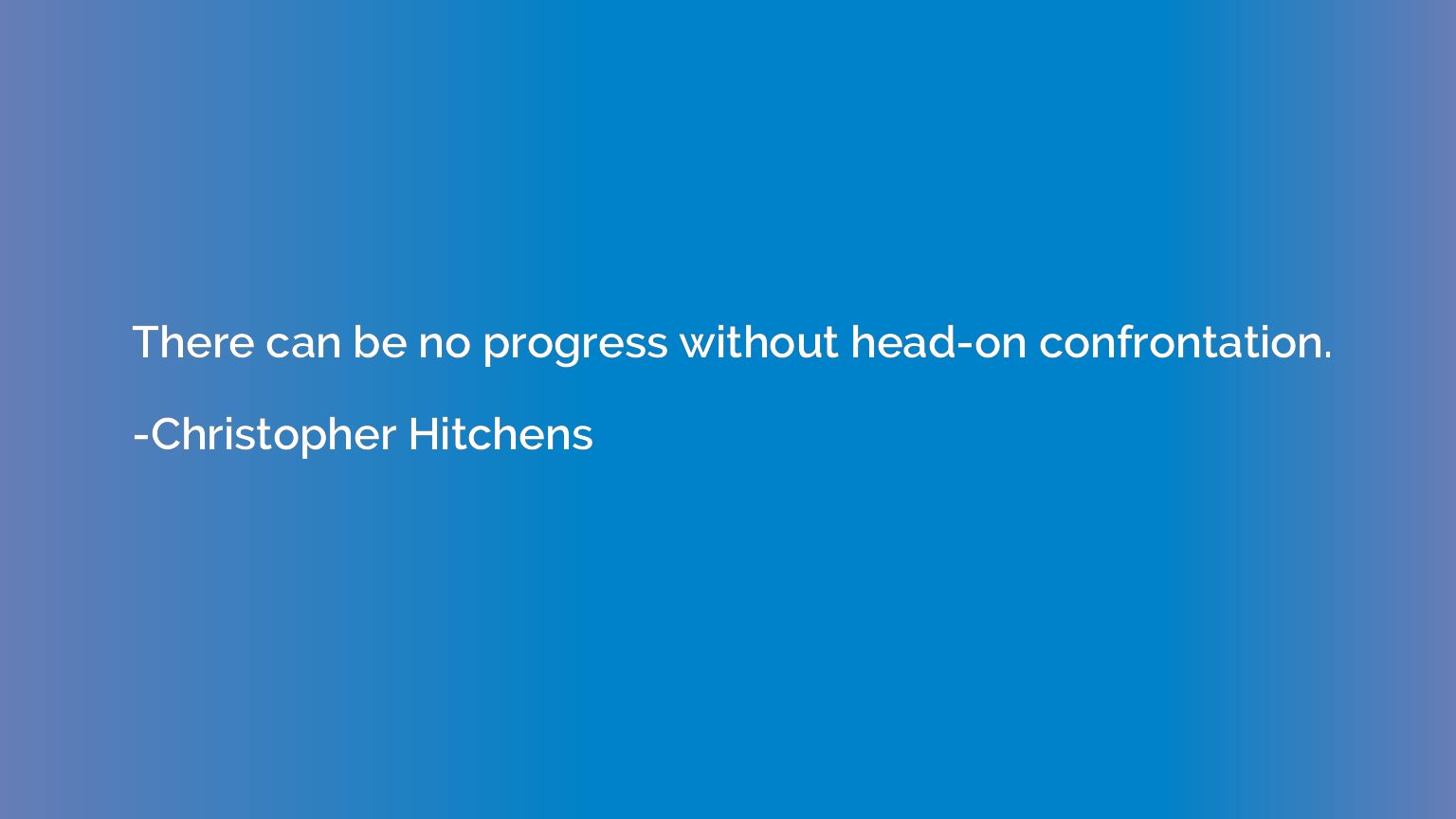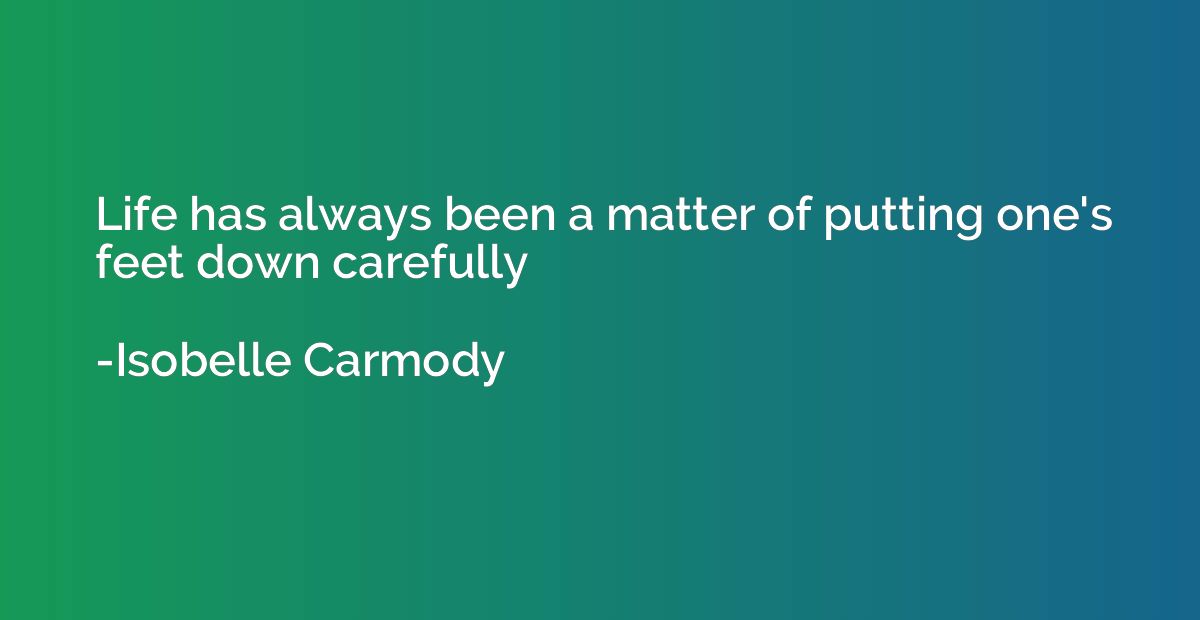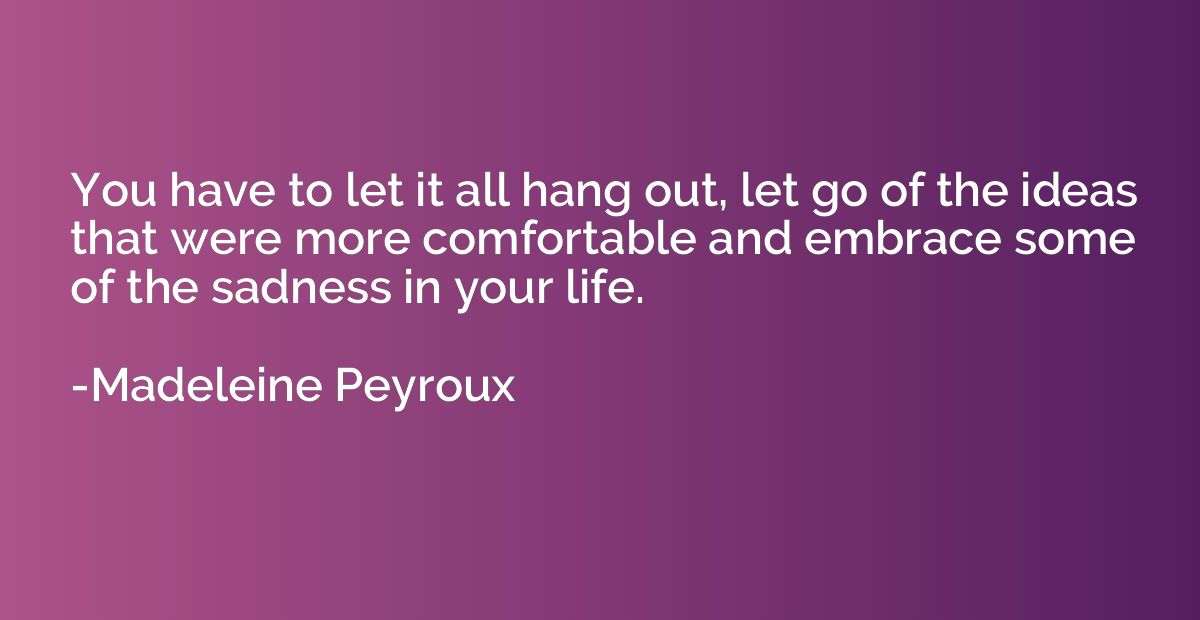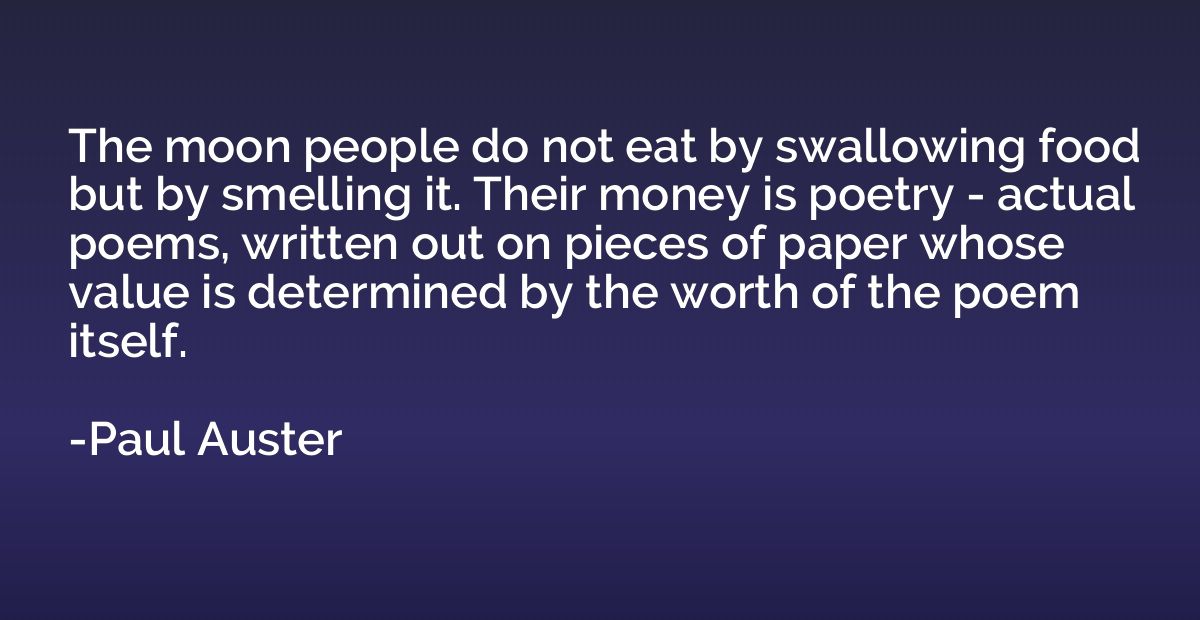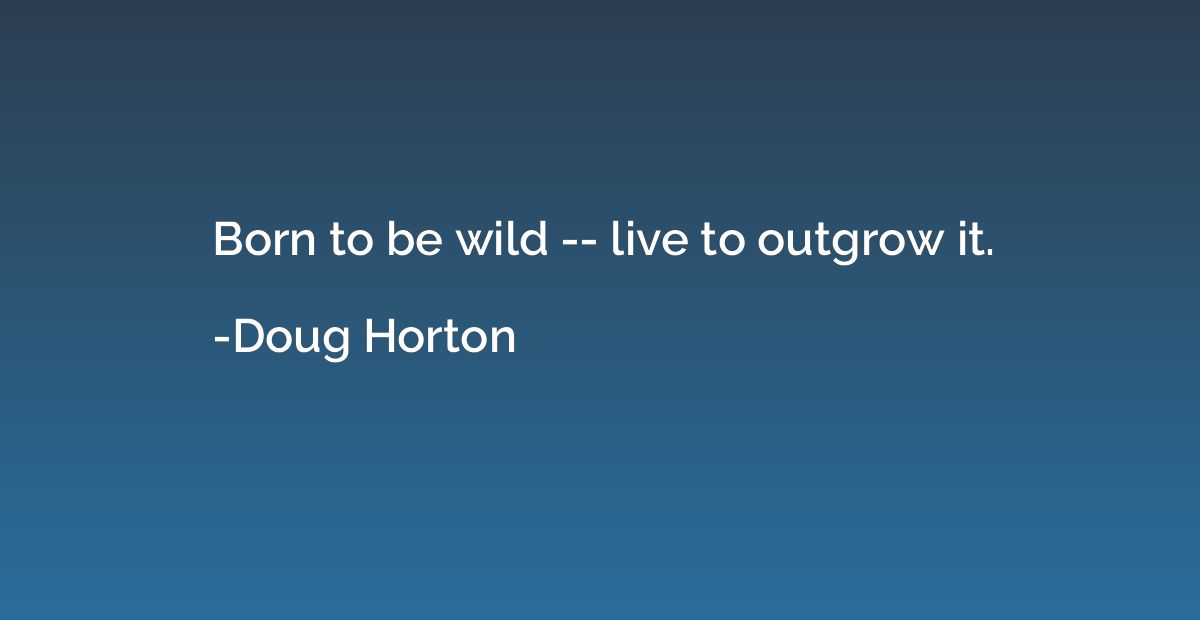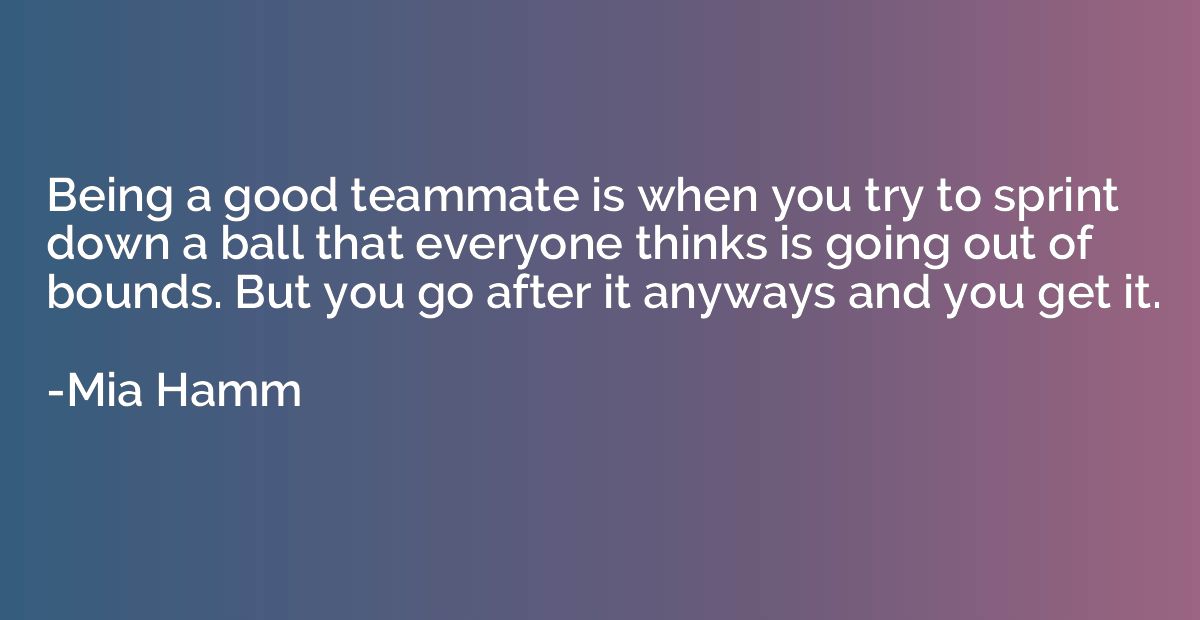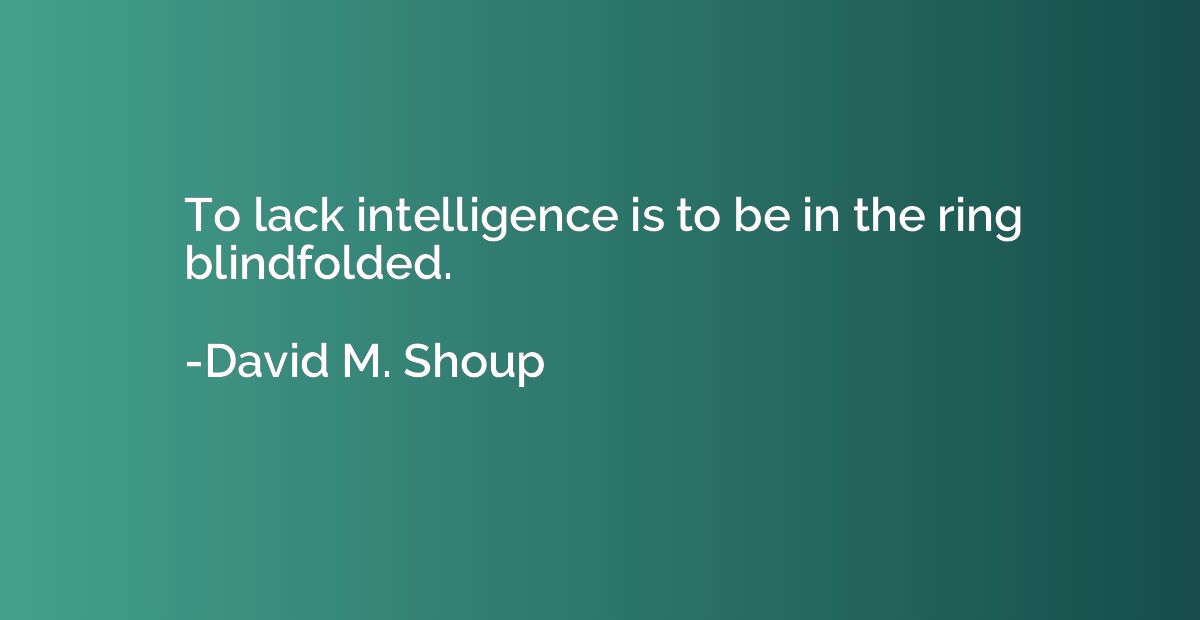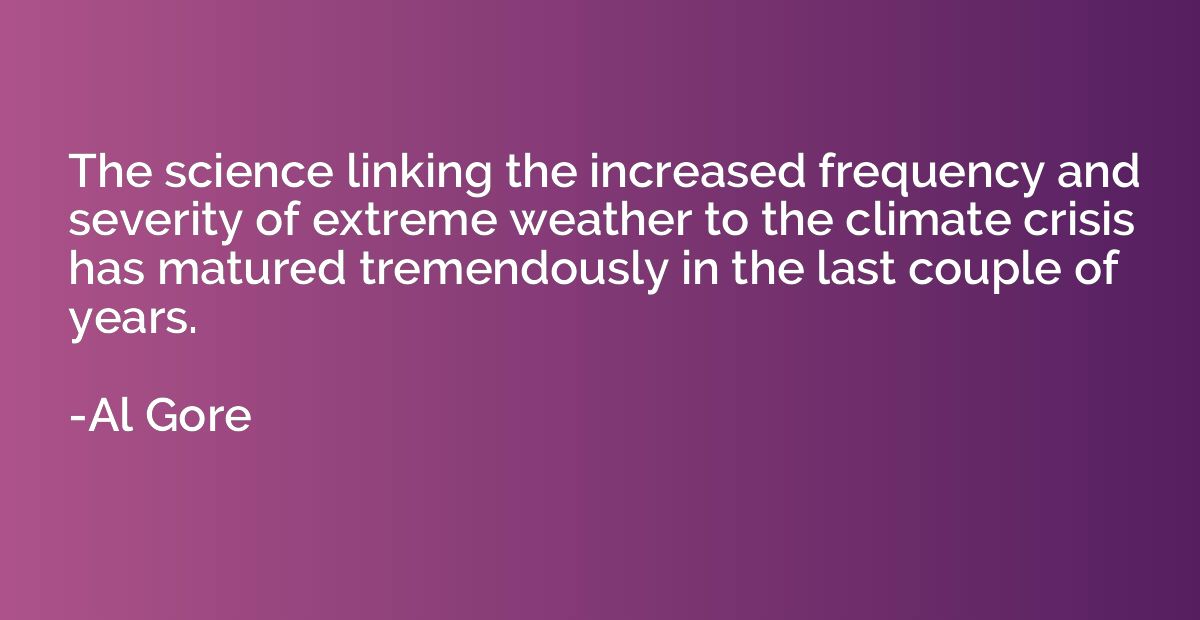Quote by David Cameron
From Caesar's legions to the Napoleonic wars. From the Reformation, the Enlightenment and the industrial revolution to the defeat of nazism. We have helped to write European history, and Europe has helped write ours.
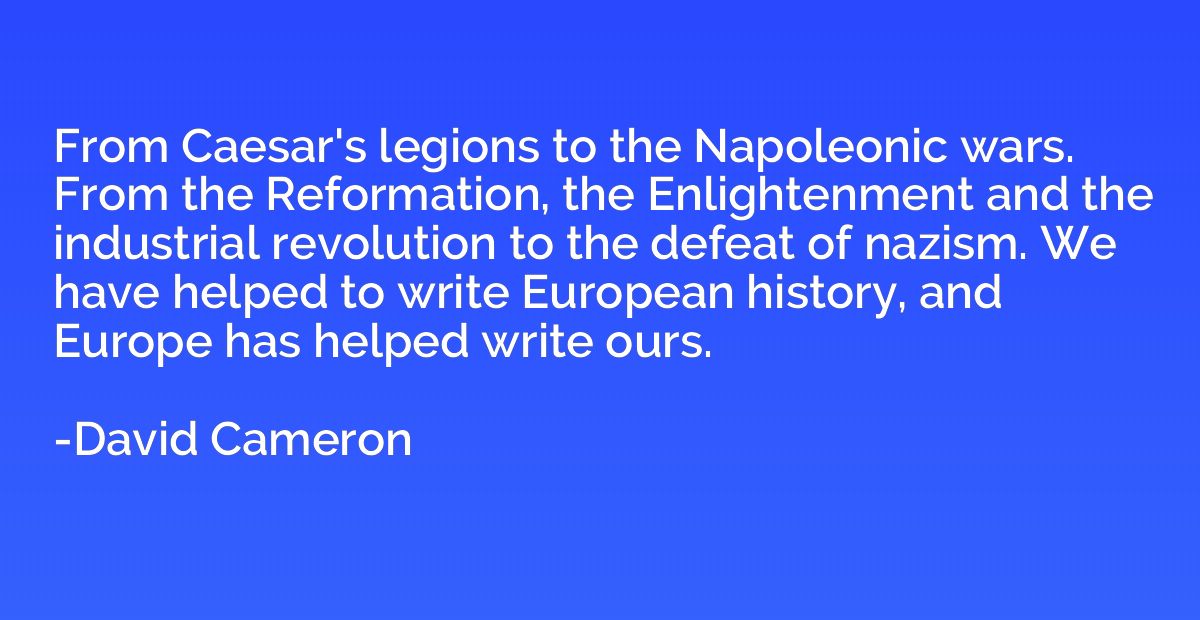
Summary
This quote highlights the intertwined relationship between Europe and the rest of the world throughout historical events. It emphasizes how Europe has played a significant role in shaping both its own history and the history of other continents. From ancient wars to immense socio-cultural changes and world-changing conflicts, Europe's influence has been undeniable. Moreover, it acknowledges the reciprocal impact of the world on Europe, reflecting the idea that history and progress are products of interconnectedness and shared experiences.



